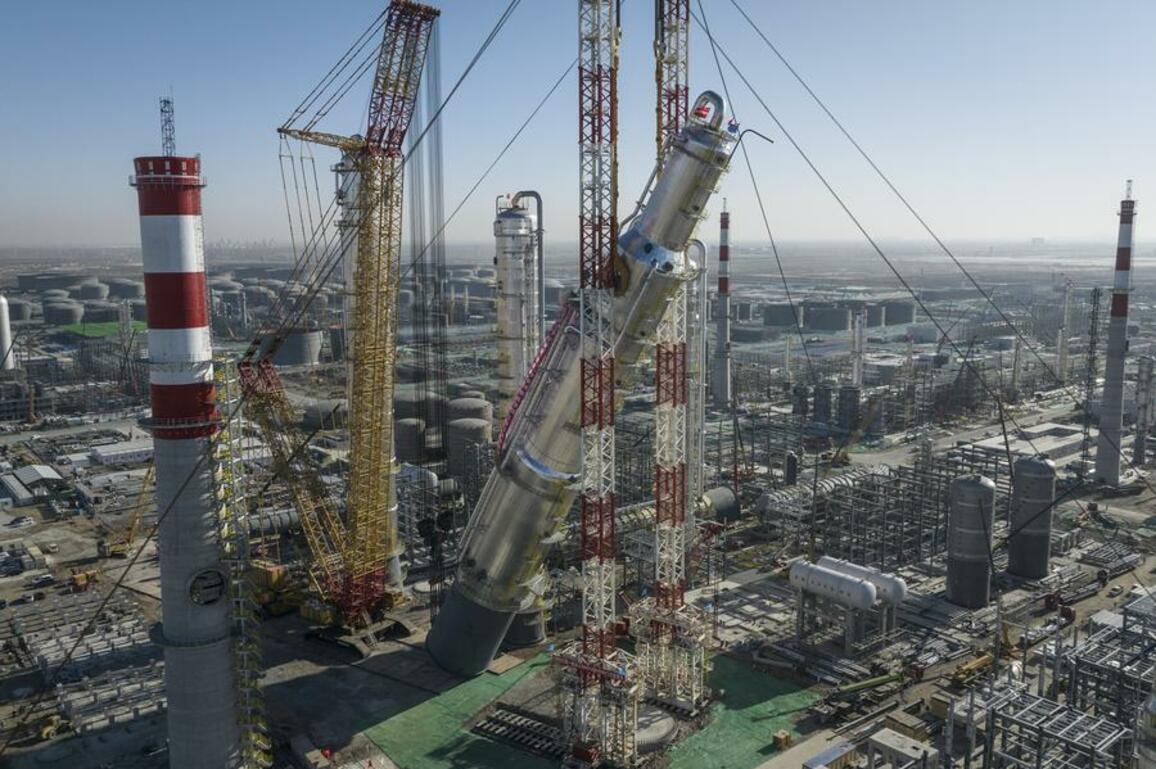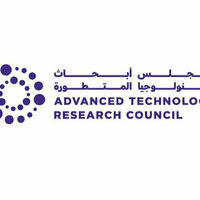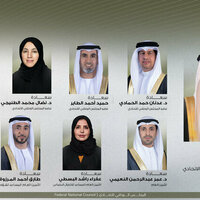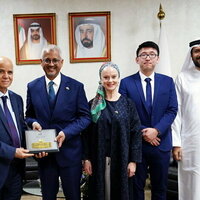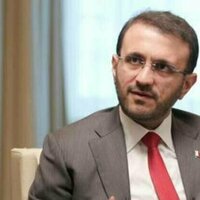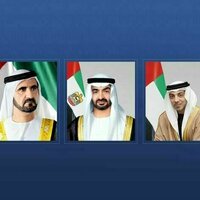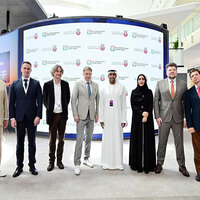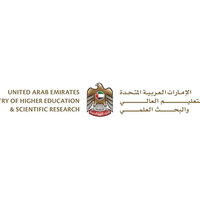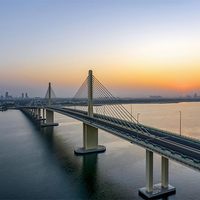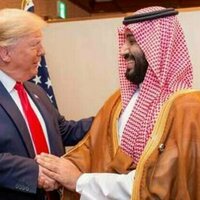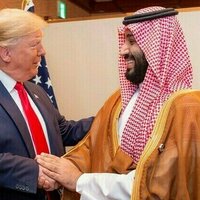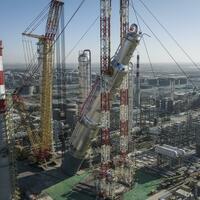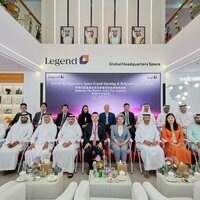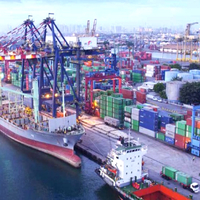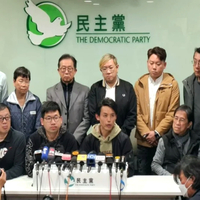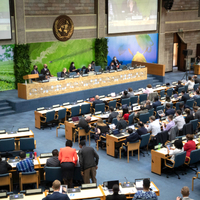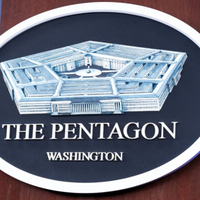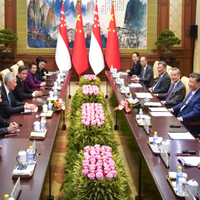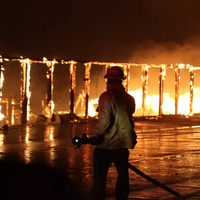by Xinhua writers Ren Jun, Xie Han
BEIJING, April 17 (Xinhua) -- A 2-kilometer road section in Suqian City, east China's Jiangsu Province, looks no different. But it now boasts a hidden eco-innovation: part of the road materials is made of plastic waste, as the stretch is paved with asphalt blends containing 33.4 tonnes of recycled plastics.
With this technology unveiled by the Aramco-funded NEXCEL center of excellence for non-metallic technologies, wasted thermoplastic plastics can replace 20 percent of asphalt, with recycled thermosetting plastics substituting 50 percent of fillers, realizing an 18.6 percent reduction in material costs and a 36 percent decrease in carbon emissions.
Three years ago, to advance the use of non-metallic materials in multiple sectors, Aramco, the world's largest integrated energy and chemicals company, established NEXCEL along with the China Building Materials Academy (CBMA) in Beijing, becoming the company's third non-metallic center worldwide after Britain and the United States.
"Incorporating recycled plastics into asphalt doesn't just address our growing waste problem, it also helps lower greenhouse gas emissions," Nader Al Arfaj, managing director of Aramco China, told Xinhua at a ceremony in Suqian, hailing Aramco's fruitful collaboration with the CBMA.
According to NEXCEL Program Director Li Juan, NEXCEL has funded 53 projects over three years and completed 22 demonstrations worldwide. The center has been driving research and development, promoting engineering demonstrations, and encouraging deployment to make nonmetallic materials the backbone of sustainable infrastructure.
NEXCEL shows Aramco's expanding presence in China as the oil giant has become one of the leading foreign direct investors in the world's second biggest economy. Aramco is investing in projects in China with a collective and total value of over 240 billion yuan (about 34 billion U.S. dollars), with Aramco's share at over 90 billion yuan.
To serve its liquids-to-chemicals strategy, the Saudi oil giant has been building a petrochemical plant in the northeastern province of Liaoning and has purchased shares of Rongsheng Petrochemical Co. Ltd. in eastern China's Zhejiang Province.
SABIC, of which Aramco has the majority ownership, is building a major chemical facility in eastern Fujian Province. Aramco's venture capital arm, Prosperity 7, has funded Chinese startups in robotics, AI, and other sectors beyond oil and chemicals.
"China occupies a key position in Aramco's global strategy. As long-term investors, we at Aramco remain excited about China's vast and growing opportunities," said Amin H. Nasser, president and CEO of Aramco, adding that China is becoming an oasis of certainty in an increasingly unpredictable global environment, and the oil firm hopes to expand its investment in China.





